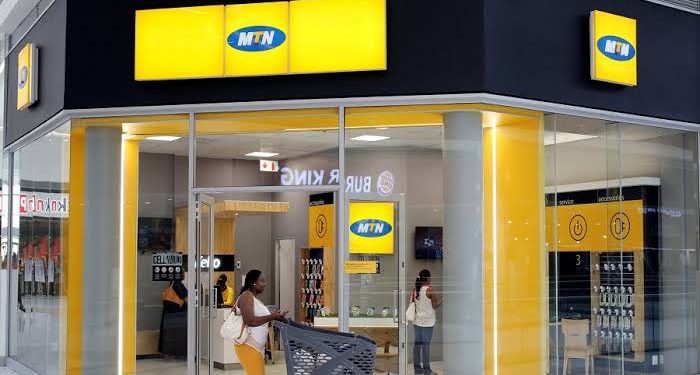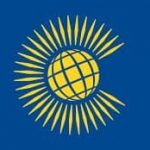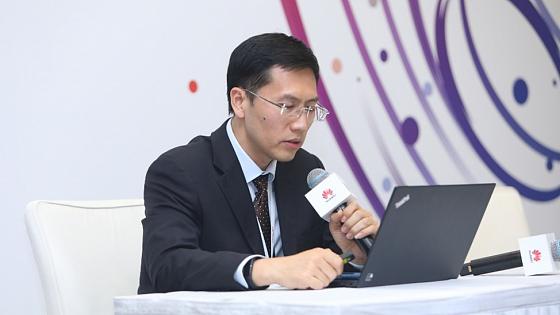MTN Group has pledged to support Nigeria’s call to accelerate the development of African language datasets, a critical step in building large language models (LLMs) that can power homegrown artificial intelligence (AI) solutions tailored to the continent’s 1.5 billion people.
The commitment came during The Y’ello Chair Vodcast: Your Link to the African Continent, where Nigeria’s communications and digital economy minister emphasized the need for collaborative investment in research to capture and digitise Africa’s linguistic diversity. He warned that without deliberate efforts to build AI models rooted in local languages, Africa risks being excluded from the rapidly evolving global AI ecosystem.
Responding to the call, MTN Group, which operates in 15 African markets, accepted the challenge to mobilise resources and collaborate on the initiative. MTN’s president and CEO said the company is eager to support projects that expand digital inclusion, describing the digital economy as Africa’s best path to creating dignity, hope, and opportunity.
The vodcast coincided with the launch of the Nigerian Atlas for Languages & AI at Scale (N-ATLAS), an open-source multilingual LLM designed to understand and generate content across Nigeria’s more than 500 languages. Developed as a partnership between the Nigerian government and Awarri Technologies, N-ATLAS aims to digitise and preserve local languages while building datasets to power AI-driven innovation.
Beyond Nigeria, the ATLAS framework is structured as an open platform, allowing other African countries to adopt and adapt it to develop AI tools for sectors such as education, healthcare, commerce, and governance.
MTN’s CEO highlighted the need to prevent the emergence of a “digital underclass,” noting that Africa’s over 2,000 languages are underrepresented in global AI systems. He stressed that inclusive technology can be a powerful tool against poverty by ensuring digital and economic participation while restoring social dignity.
The minister described N-ATLAS as more than just a technological advancement , it is a national commitment to inclusion, unity, and global relevance. By anchoring Africa’s digital sovereignty in its linguistic and cultural diversity, the project seeks to ensure that African voices shape the next generation of AI systems rather than being sidelined by them.
For small businesses across Africa, such initiatives could unlock new opportunities by enabling AI tools that communicate in local languages, making technology more accessible, improving customer engagement, and supporting growth in areas like e-commerce, education, and digital services.










